Investigations into an E. coli outbreak in Mid Wales which affected two children have linked the infection to animals at a local petting farm.
Public Health Wales and colleagues in three local authorities and the Health Protection Agency have been investigating the outbreak of E. coli O157 since September and found 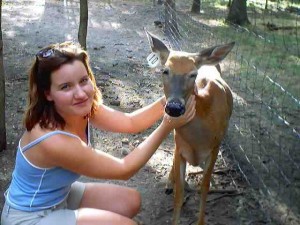 the type of infection in the patients matched examples from animals at Cantref Adventure Farm in Brecon.
the type of infection in the patients matched examples from animals at Cantref Adventure Farm in Brecon.
Both children had visited the farm in the days before they became unwell, and both are recovering at home.
Three other people, who are family members of the infected children, have also tested positive for the same type of E.coli O157.
The farm has been advised to continue to stop direct contact between animals and members of the public while the exact source of infection is investigated.
A table of petting zoo outbreaks is available at http://bites.ksu.edu/petting-zoos-outbreaks.
Erdozain G, Kukanich K, Chapman B, Powell D. 2012. Observation of public health risk behaviours, risk communication and hand hygiene at Kansas and Missouri petting zoos – 2010-2011. Zoonoses Public Health. 2012 Jul 30. doi: 10.1111/j.1863-2378.2012.01531.x. [Epub ahead of print]
Outbreaks of human illness have been linked to visiting settings with animal contact throughout developed countries. This paper details an observational study of hand hygiene tool availability and recommendations; frequency of risky behavior; and, handwashing attempts by visitors in Kansas (9) and Missouri (4), U.S., petting zoos. Handwashing signs and hand hygiene stations were available at the exit of animal-contact areas in 10/13 and 8/13 petting zoos respectively. Risky behaviors were observed being performed at all petting zoos by at least one visitor. Frequently observed behaviors were: children (10/13 petting zoos) and adults (9/13 petting zoos) touching hands to face within animal-contact areas; animals licking children’s and adults’ hands (7/13 and 4/13 petting zoos, respectively); and children and adults drinking within animal-contact areas (5/13 petting zoos each). Of 574 visitors observed for hand hygiene when exiting animal-contact areas, 37% (n=214) of individuals attempted some type of hand hygiene, with male adults, female adults, and children attempting at similar rates (32%, 40%, and 37% respectively). Visitors were 4.8x more likely to wash their hands when a staff member was present within or at the exit to the animal-contact area (136/231, 59%) than when no staff member was present (78/343, 23%; p<0.001, OR=4.863, 95% C.I.=3.380-6.998). Visitors at zoos with a fence as a partial barrier to human-animal contact were 2.3x more likely to wash their hands (188/460, 40.9%) than visitors allowed to enter the animals’ yard for contact (26/114, 22.8%; p<0.001, OR= 2.339, 95% CI= 1.454-3.763). Inconsistencies existed in tool availability, signage, and supervision of animal-contact. Risk communication was poor, with few petting zoos outlining risks associated with animal-contact, or providing recommendations for precautions to be taken to reduce these risks.
 Cases have been reported across south and west Wales.
Cases have been reported across south and west Wales.

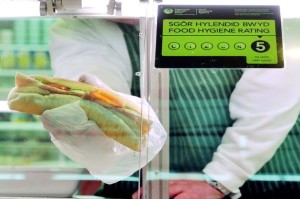
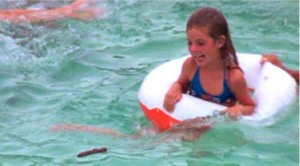


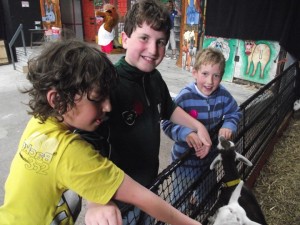
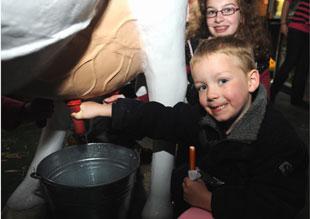 goats at Greenmeadow community farm, Cwmbran.
goats at Greenmeadow community farm, Cwmbran..jpg) Church in Wales school.
Church in Wales school.(1).jpeg) fed unwell animals. The animals have now been removed from the farm.
fed unwell animals. The animals have now been removed from the farm. farm.
farm.